Japan's Chiba prefectural government is preparing to introduce a flexible time system that allows a four-day workweek to accommodate employees' diverse work styles.
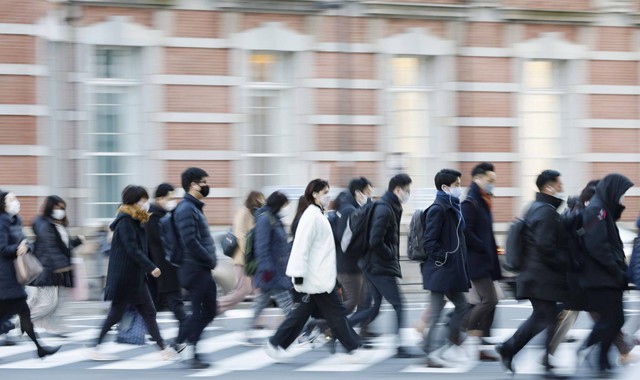 |
| Chiba Prefecture is considering a four-day work week. (Illustrative photo. Source: Kyodo) |
The Chiba Prefecture Human Resources Department said that the total number of working hours in a four-week month will remain unchanged at 155 hours. Employees will be able to arrange their own working hours within the 7am-8pm time frame on workdays to get the maximum amount of time off, as long as they work 155 hours a month. Of these, the time from 10am-3pm will be considered “core time” and employees must be present.
The total number of working hours will not change, so there will be no impact on salary or staffing. The main target group for the new system will be employees in departments within the Governor's Office. Employees who want to take advantage of the new working system will have to seek permission from their superiors and ensure that there is no disruption to administrative services.
The system aims to realize flexible working models that allow employees to work according to their personal lifestyle and improve work-life balance, as well as to ensure a diverse talent pool.
According to the Human Resources Department, 10 prefectures in Japan have adopted a flexi-time system for all employees, but none have institutionalized the option of taking three-day weekends. Gunma Prefecture plans to test the policy in fiscal 2024, while Tokyo allows three-day weekends but limits them to four weeks at a time.
The Japanese government has introduced a four-day workweek system for those with specific time needs, such as childcare or caring for family members, and plans to expand the system to all employees from April 2025.
However, some still wonder whether this new working style can be popular in Japan, when many companies have been applying the 2-day week since the late 1980s.
Source





![[Photo] Anh Hoang - Dinh Duc successfully defended the men's doubles championship of the National Table Tennis Championship of Nhan Dan Newspaper](https://vphoto.vietnam.vn/thumb/1200x675/vietnam/resource/IMAGE/2025/5/23/d6ab3bcac02c49928b38c729d795cac6)
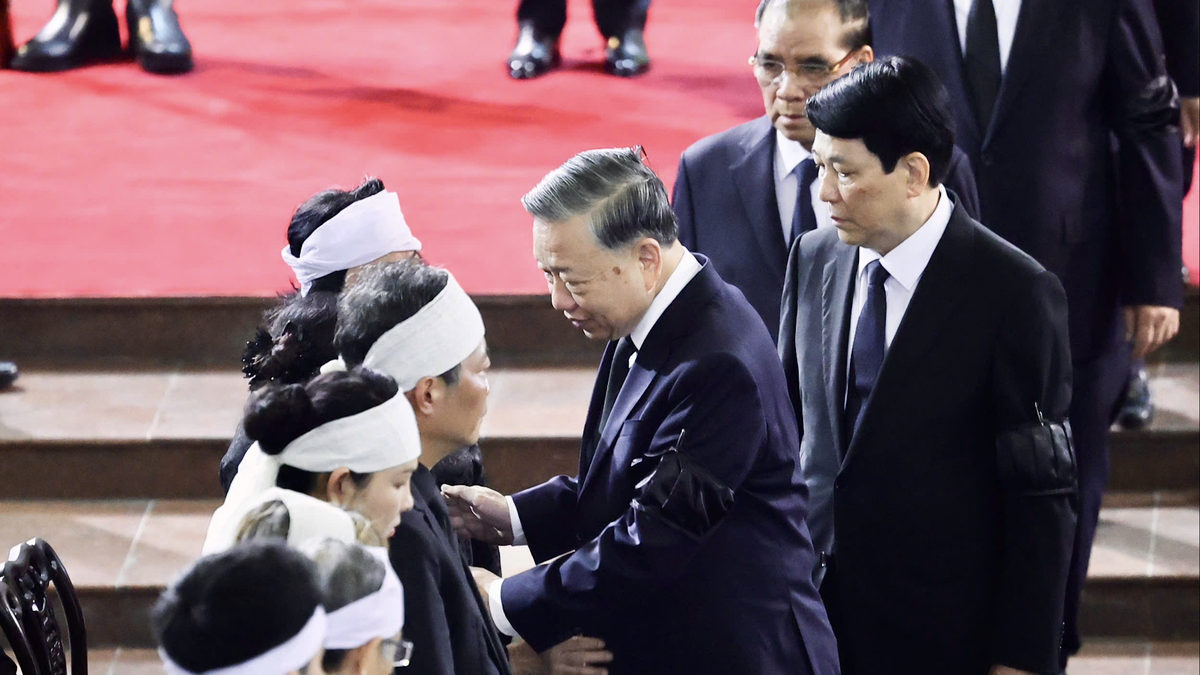
![[Photo] Top players gather at the 2025 Nhan Dan Newspaper National Table Tennis Championship](https://vphoto.vietnam.vn/thumb/1200x675/vietnam/resource/IMAGE/2025/5/23/9ad5f6f4faf146b08335e5c446edb107)
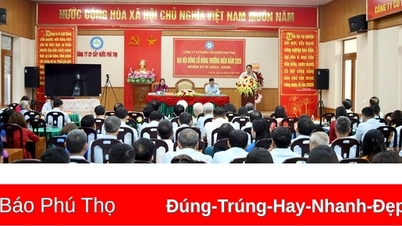



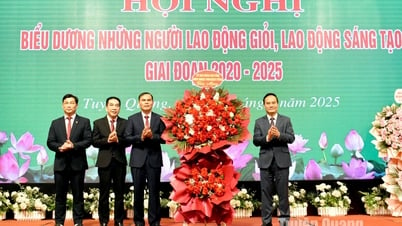






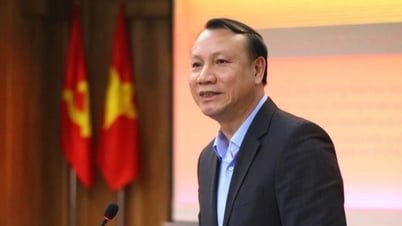


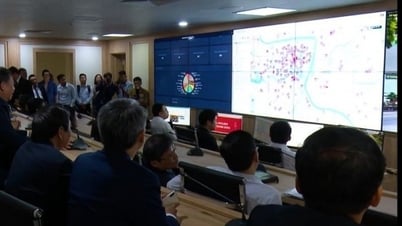
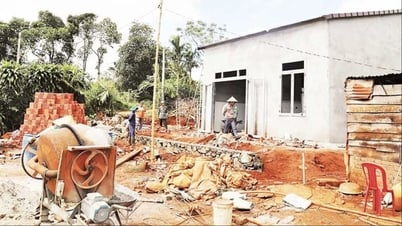





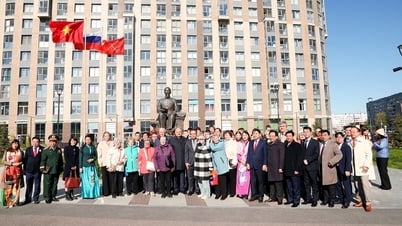








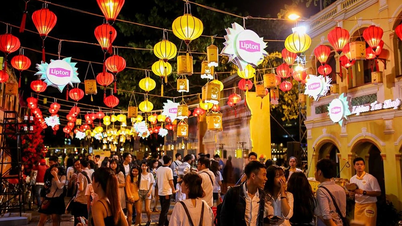


























![[Photo] The Central Party Executive Committee delegation visits former President Tran Duc Luong](https://vphoto.vietnam.vn/thumb/402x226/vietnam/resource/IMAGE/2025/5/24/32f67673454445aab0f1f2af331cb170)


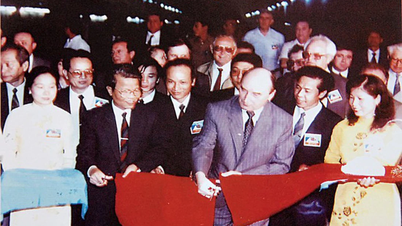















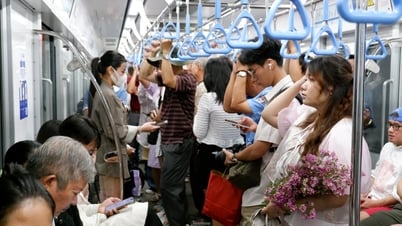







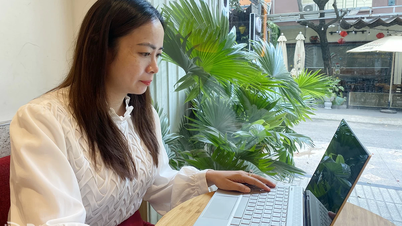











Comment (0)